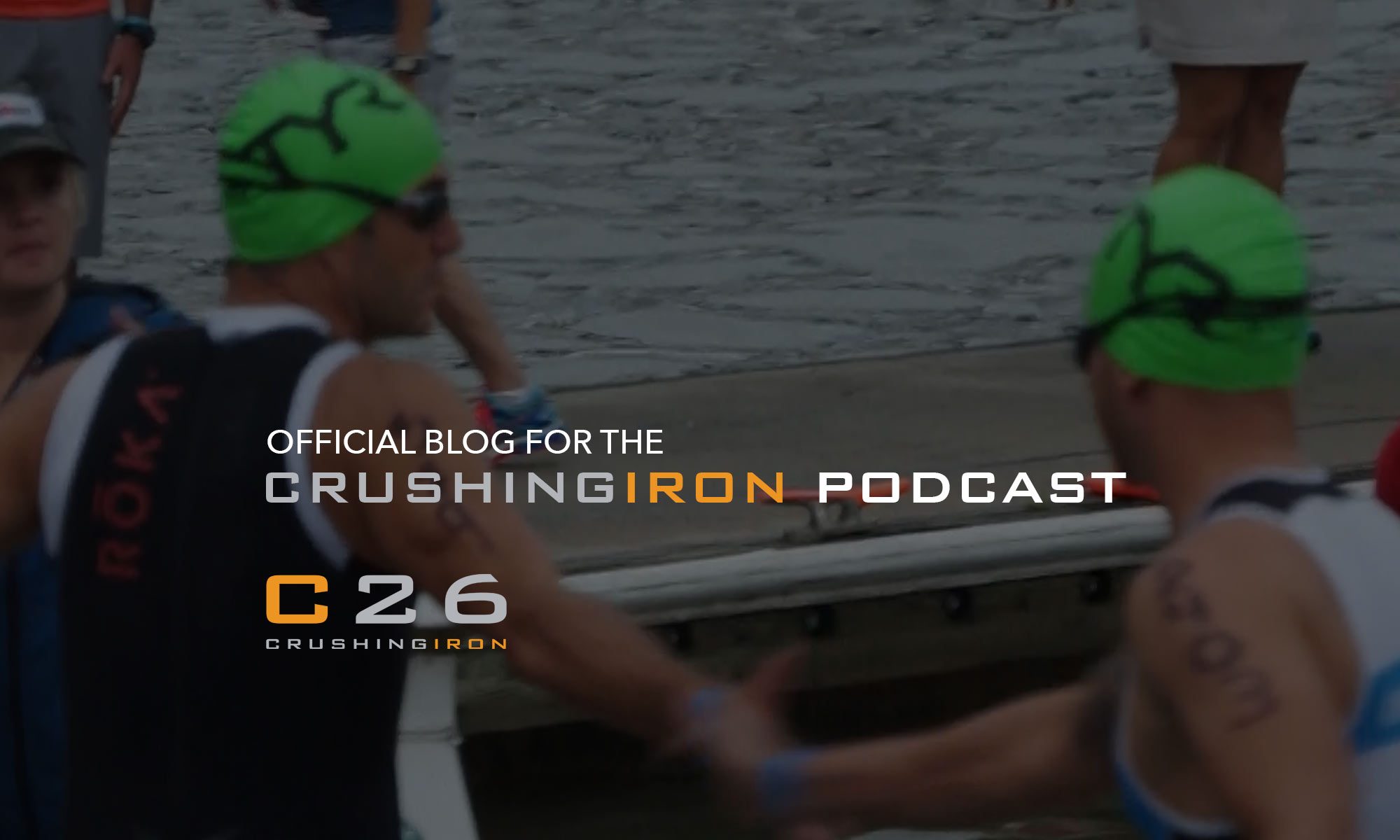As far as I’m concerned this is basketball season. I like college football, but for some reason, my fan-sweet-spot lies in college hoops, especially with Wisconsin.
It’s well documented in this blog that I used to shovel the driveway in December as a kid and act like I was leading the Badgers to the National Championship. But that was another in a long line of pipe dreams.
After 30-plus years of waiting, I finally got my chance to see them in the Final Four last year. It was an experience I’ll never forget.
For those of you who don’t know, Wisconsin is coached by Bo Ryan, who is a grizzly realist from Chester Pennsylvania known for practical quotes like, “It’s just life, it unfolds right in front of you.” He’s the consummate under-reactor, and when asked how they would approach this season with four starters back from a Final Four team he said, “We’ll probably start with passing drills.”
The other day I was watching this interview with him and the interviewer noted Ryan’s favorite sayings is, “Be good at the things that don’t take talent.”
I’ve been thinking about that a lot lately, and especially how it relates to triathlon. I just think it’s so appropriate because 95% of people in triathlon are past their prime or probably weren’t great athletes to begin with. And it’s the perfect sport for people like that because talent can only take you so far.
In basketball that translates into getting back on defense, boxing out on rebounds, and taking better angles. So where can triathletes get an advantage?
I think about things like patience, consistency, and dealing with pain. In my short experience as a triathlete, these seem to be the qualities that lure me most and ones that can give a huge advantage on race day.
Patience – How do we pace myself in workouts, the off season, and especially the race. Ironman is long. For most of us there is never a time when we’re going to be balls to the walls. It’s all about walking a fine line of effort. One time a guy told me he always walks the first mile of an Ironman just to make sure he’s got himself under control. I shrugged it off as stupid advice and thought, “This is a race, man, what the fuck is this walk talk?” But if he walks one mile and runs 25.2, he probably crushes most people in the run.
Consistency – Am I working on swimming and running form, practicing staying in aero on the bike, eating right, and giving my body the chance to recover. Your mind can’t help but drift in long workouts, but the more consciously inject effort toward your form in swimming, biking, and running, the more good habits build, even when my mind is thinking about pop tarts.
Dealing with Pain – Before my first Ironman, I never stopped when I ran. Never. Last year as I trained for Louisville, I was dealing with nagging injuries and often walked on my practice runs. I think the injuries were “real” but I’m not sure they were “substantial.” Running is hard and I don’t think I ever convinced myself of a good enough reason to push through the pain. I was already an Ironman and in the back of my mind I always knew I could walk during the race. My goal for this year is to overpower that thought and not make it an option. We all know what’s a real injury and what’s an excuse.
Be good at things that don’t take talent.
[follow_me]

